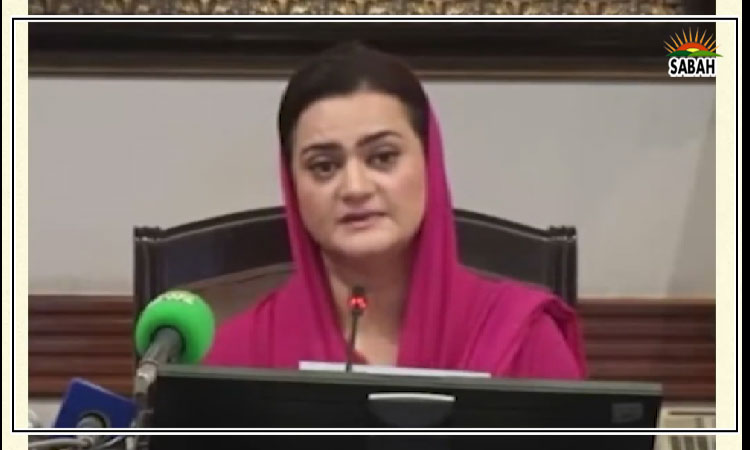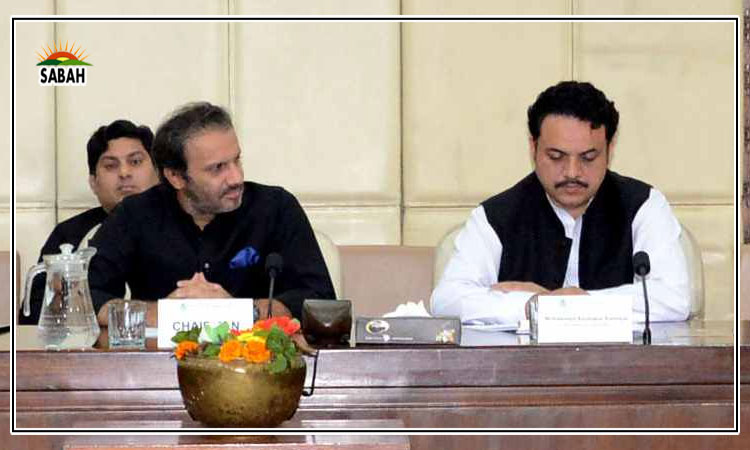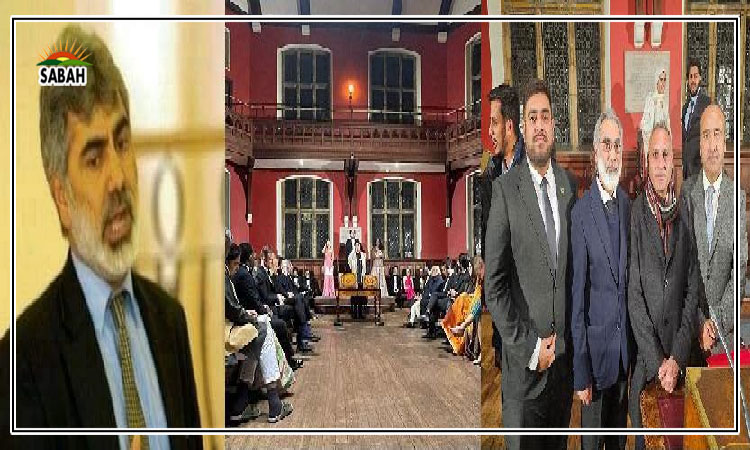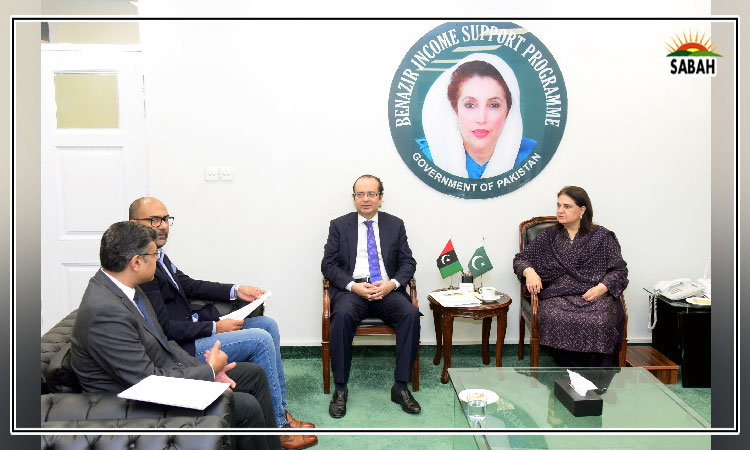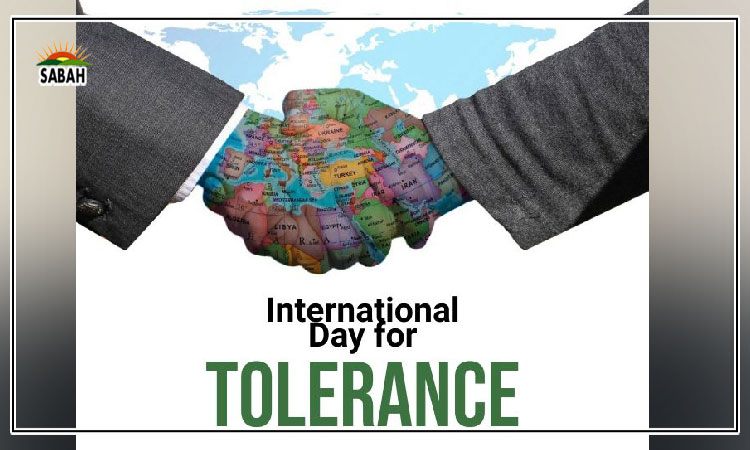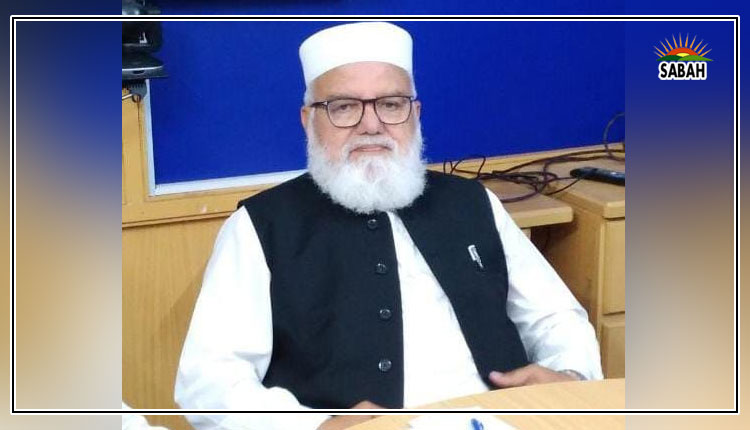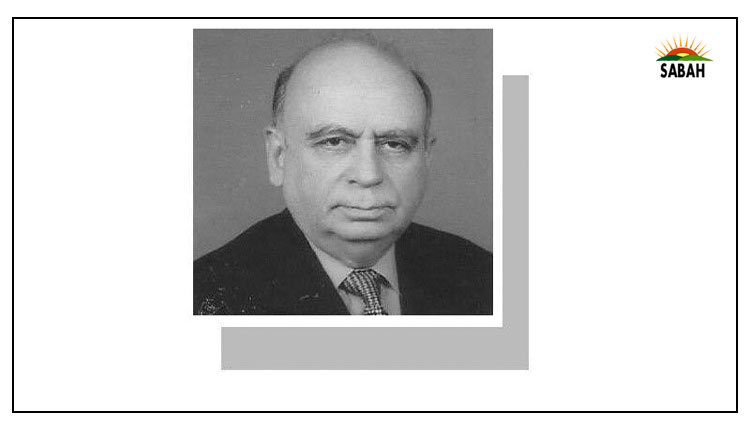Institutional police response…Afzal Ali Shigri
IN the past year, there has been a record spike in attacks by the TTP and Baloch separatists on Pakistans law-enforcement agencies. Over this period, more than 100 policemen were martyred in the line of duty. The rather soft response to these acts of terrorism, as feared, has now culminated in the Peshawar Police Lines mosque attack. To underscore their nefarious intentions, the militants attacked a police station in Punjab the very next day.
It is inexplicable why, despite repeated failures and betrayal by the TTP resulting in catastrophic outcomes, the government entered into peace negotiations with the outfit. In what is a form of dj vu, the release of TTP members and their incursion into Malakand and Waziristan, with parchis (demand for extortion money) for local political leaders, echo the ominous pattern of their earlier rise. Fearing reprisals by these terrorists, PTIs KP government entered a state of denial. However, civil society which had suffered the most in the past under TTP control voiced its protests against such ill-advised appeasement by the state in massive public gatherings. These voices sadly were not taken seriously.
Undeterred by this public show of resentment, the TTP began to systematically target the police, civil armed forces and the army with newly acquired weapons, thanks to the hasty and chaotic withdrawal of the American forces in Afghanistan. The last few weeks have witnessed audacious attacks on KP police stations, inflicting heavy casualties on the ill-equipped and thinly deployed police force which is housed in unsafe, hastily acquired premises. Attempted suicide attacks in other parts of the country, including Islamabad, further demonstrates the nefarious intentions of the TTP.
These acts of terror have engendered a sense of insecurity, with negative ramifications for a country beset with economic woes and political instability. A besieged federal coalition government is petrified and unable to confront and tackle this challenge. State institutions are therefore bound to fill this void. A case in point is the Pakistan Army which has shown its resolve to neutralise this emerging threat. We are all confident that our armed forces, with their exemplary record of vanquishing the TTP in the recent past, have the will and capacity to decimate these elements and restore peace.
In the past, the police leadership felt that controlling terrorism and insurgency was not within the ambit of police responsibility. However, in the 1990s, recognising that modern-day acts of terror were essentially crimes, the leadership began to understand that it was the duty of the force to prevent, detect and punish the perpetrators through well-defined procedural law. With this realisation, special cells and later wings were created in police forces nationwide to deal robustly with this rising threat. In Sindh, the police took the lead in tackling urban terrorism head on, while specialised investigation units to counter terrorism were created in Punjab and KP. This has now been expanded to the remaining provincial forces.
These steps enabled the police forces to withstand the brutal onslaught of diverse terrorist groups lent momentum by sectarian and nationalist theories. This played a key role in the restoration of peace. Punjabs Counter-Terrorism Department deserves special mention. Originally operating as the Criminal Investigation Department, the latter was transformed by Mr Tariq Parvez, a professional police officer who headed this unit for seven years and who laid the foundation for a modern and efficient Counter-Terrorism Department, later to be replicated in the rest of the country. These departments have the experience and ability to deal with terrorism in the provinces. Mr Parvez later introduced the concept of a central authority, namely Nacta, to deal with this menace. Sadly, this valuable initiative was scuttled when, against his advice, the body was placed under the interior ministry rather than directly under the chief executive of the country.
Parallel to these progressions in antiterrorism structures, another important development was taking place to establish institutional arrangements for the police leadership to address internal security issues gaining prominence as hostile states increasingly caused ruptures in rival countries by deploying proxies linked to local issues.
The Police Order, 2002, created the National Police Management Board within the interior ministry so that a coherent and unified police response on crime control and internal security could be conveyed to the government for managing any crisis situation spanning across provincial borders. Unfortunately, due to lack of interest on the part of the police leadership, the NPMB has remained a dormant body. Now is the time and opportunity, under these turbulent circumstances, to not only activate but also institutionalise the collective voice of the civilian police through a legally constituted platform in order to effectively quell the threat of the burgeoning TTP insurgency in KP that threatens to spill into other parts of the country.
It is the professional and moral duty of the police leadership to demand and insist on better equipment, purpose-built infrastructure and equipment outmatching the gear being used by the terrorists. It is also the responsibility of the police command to use the NPMB to update and improve the training of its personnel. Only these measures will allow police personnel to confront and fight terrorists in all areas of the country including the cities. Times have changed and the battle against terrorism looks likely to be a long one. The only way to vanquish the threat and restore lasting peace is to deal with every act of terror as a special criminal case that must be followed relentlessly by snatching the initiative from the terrorists. Instead of waiting for them to attack and add to our list of martyrs, the battle should be taken to them.
The NPMB must play its role effectively and boldly for no government can ignore the collective professional advice of the police leadership. In addition to the resources for police, NPMB must help to secure facilities and resources for witness protection and deradicalisation programmes and ensure compensation for the victims of terrorism. It is high time to redefine the role of police as being an institution of civil society that cares for them.
Courtesy Dawn


